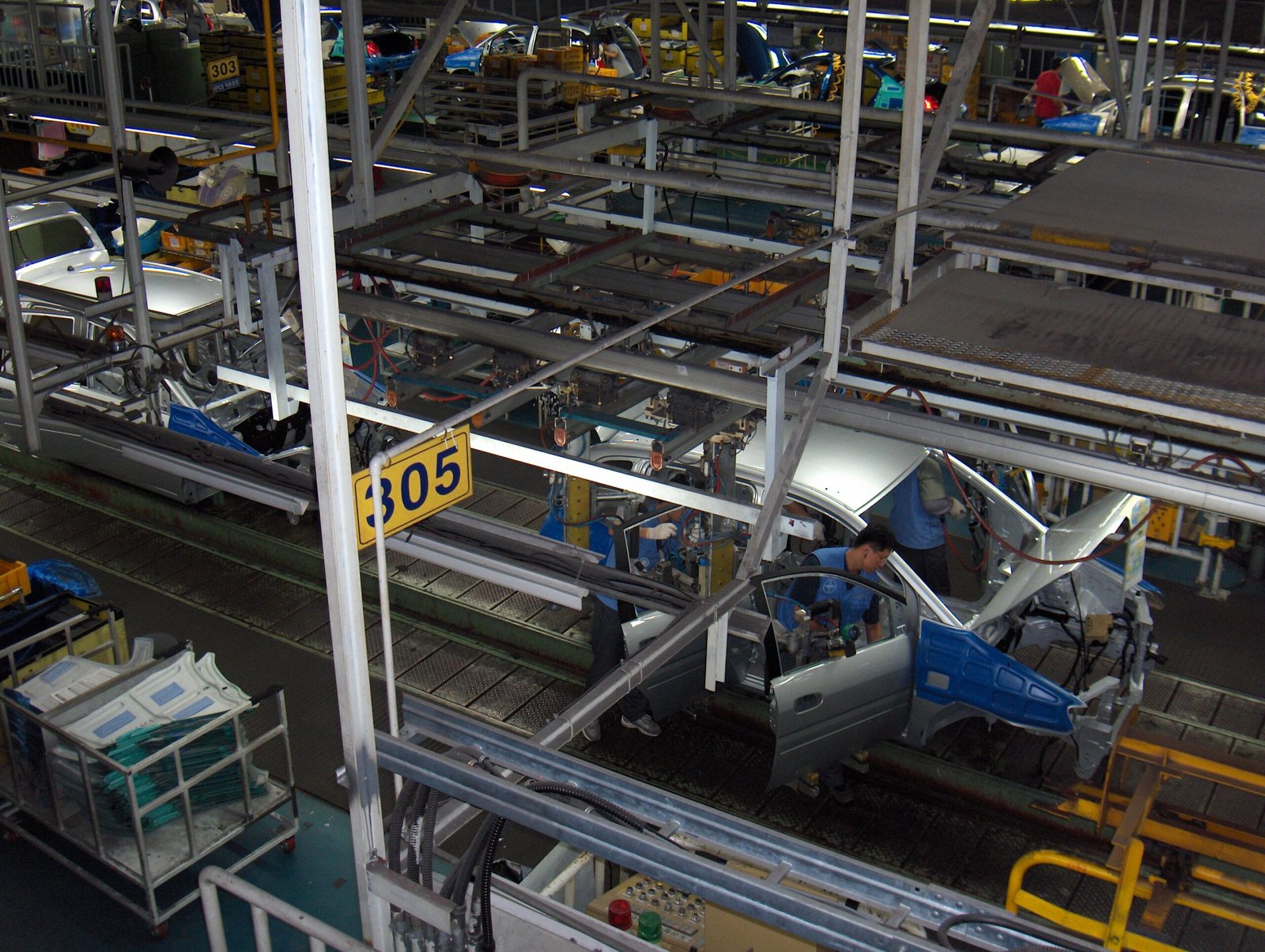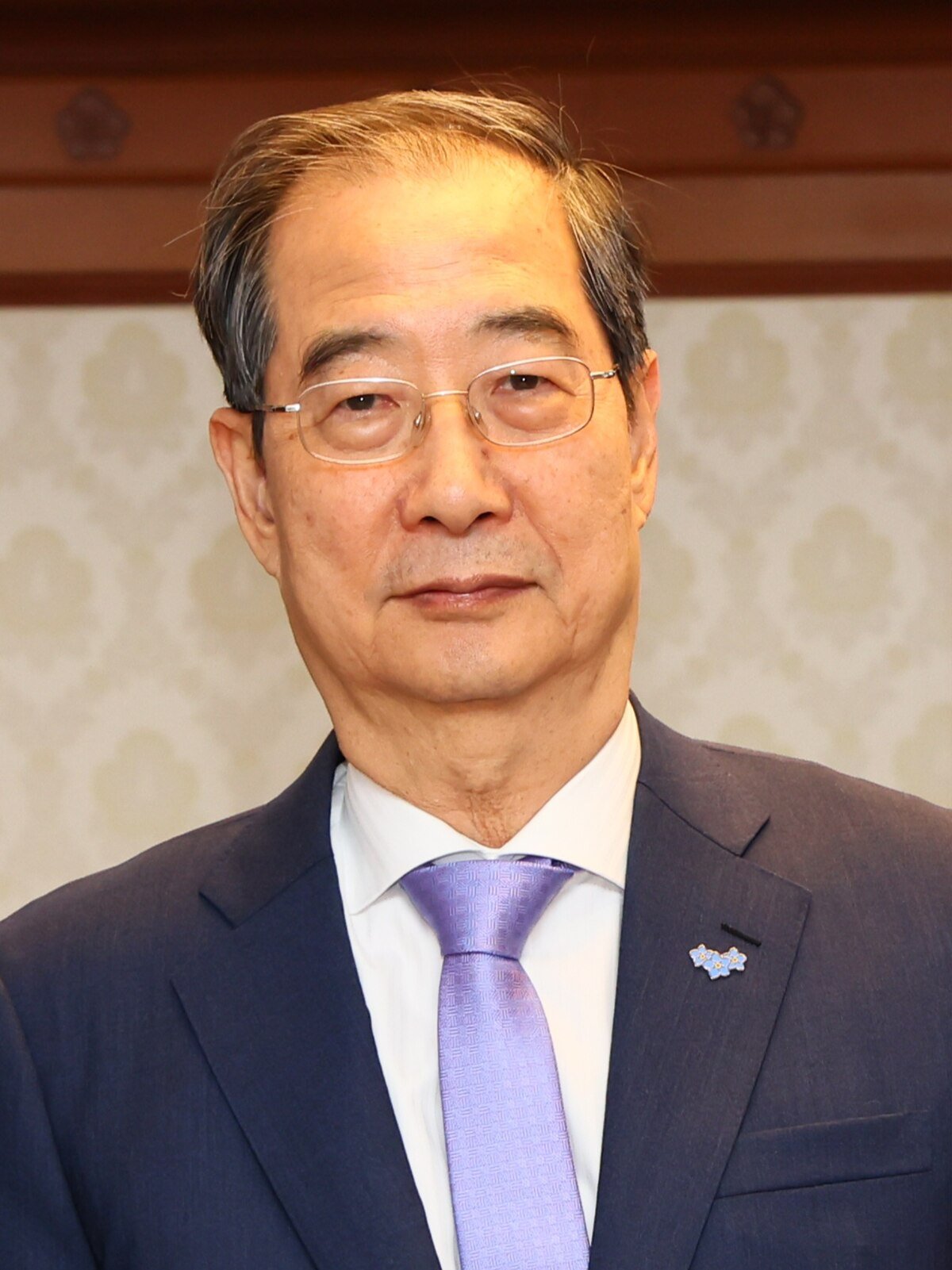
LG Energy Solution Ltd., South Korea’s leading battery maker, said Monday its second-quarter operating profit plunged 58 percent from a year earlier due to slowing sales of electric vehicles.
Operating profit for the three months ended in June is estimated to have plummeted to 195.3 billion won ($142 million) from 460.6 billion won in the same period of last year, LGES said in a statement.
“Decreased lithium and other metal prices weighed on EV battery prices, and lower demand from automakers resulted in the decline in profit,” the statement said.
Sales are projected to fall 30 percent to 6.16 trillion won from 8.77 trillion won during the cited period.
The final earnings figures will be released July 25, the company said.
LEGS sees the global EV markets in a stagnation phase, known as the “chasm,” which occurs before the widespread adoption of EVs.
The company said it will focus on strengthening its competitiveness as a car battery supplier despite the temporary slowdown in EV demand.
Early this month, LGES signed a deal with Renault S.A. to supply lithium iron phosphate (LFP) pouch-type batteries for the French carmaker’s EV models for five years through 2030.
It is the company’s first large-scale supply deal of LFP EV batteries, whose market has been dominated by non-Korean manufacturers. The batteries will be produced at LGES’ Poland plant.
To cross the chasm on EVs, the company will change some of the battery production lines in its global plants for production of energy storage systems (ESS), whose demand is on the rise, the statement said.
In North America, LGES currently operates three battery cell plants — the first and second plants under the JV with General Motors Co., and one in Holland, Michigan. Plants under JVs with GM, Hyundai Motor Group, Honda Motor Co. and Stellantis N.V. are being constructed in the U.S. states of Michigan, Georgia and Ohio, as well as Ontario, Canada, respectively.
In other regions, the company has plants in South Korea, Poland and China, with a plant set to start production in Indonesia in the second half of 2024. (Yonhap)






